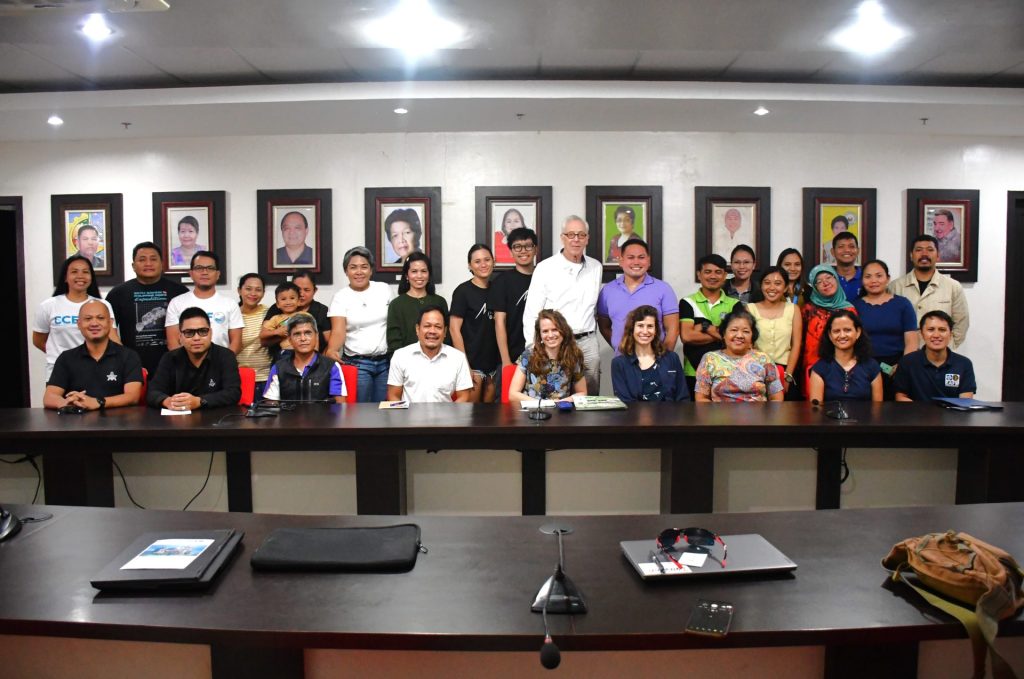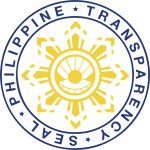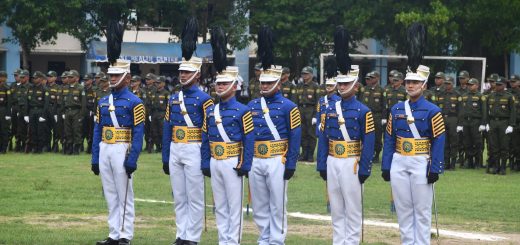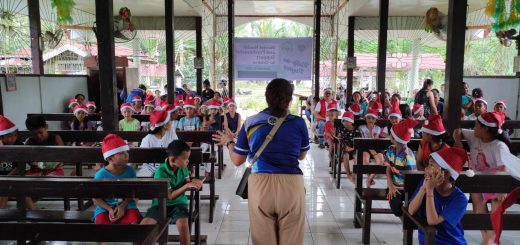𝗦𝘄𝗶𝘀𝘀 𝗦𝗰𝗶𝗲𝗻𝘁𝗶𝘀𝘁𝘀, 𝗗𝗢𝗿𝗦𝗨 𝘁𝗼 𝗗𝗲𝗽𝗹𝗼𝘆 𝗘𝗰𝗼-𝗘𝗻𝗴𝗶𝗻𝗲𝗲𝗿𝗲𝗱 𝗥𝗲𝗲𝗳 𝗦𝘆𝘀𝘁𝗲𝗺 𝗶𝗻 𝗣𝘂𝗷𝗮𝗱𝗮 𝗕𝗮𝘆, 𝗣𝗵𝗶𝗹𝗶𝗽𝗽𝗶𝗻𝗲𝘀

Swiss scientists, led by Hanna Kuhfuss, in collaboration with Davao Oriental State University (DOrSU), are set to deploy an eco-engineered reef system using 3D printing technology. This project aims to regenerate degraded marine ecosystems in Pujada Bay, Philippines, as discussed during the consultation meeting on February 2, 2024, at the University Boardroom. Spearheaded by Rethinking, Rebuilding, and Regenerating Coral Reefs (RRREEFS), this initiative marks the third pilot site globally after successful trials in the Maldives and Colombia.
The primary goal of this endeavor is to simultaneously rejuvenate coral reefs and mangroves, showcasing the interconnected benefits of holistic marine conservation. The project distinguishes itself with a hurricane-proof hydrodynamic design, making it the most resource-efficient reef habitat solution available. The design is adaptable to local needs through modularity, beach protection, current redirection, and provides habitat for specific marine species.
One of the key features of this eco-engineered reef system is its distinction as the most resource-efficient habitat solution on the market. With a hydrodynamic design that is hurricane-proof, it ensures the longevity and sustainability of the restored marine ecosystems. The 3D-printed reefs also boast the best coral recruitment and survival rates for young corals, leading to higher genetic diversity and increased resilience compared to traditional restoration methods relying solely on coral fragments.
The hollow design of the reef structures saves resources and provides habitat for hundreds of smaller reef animals. The surface structure is meticulously crafted to cater to the needs of coral larvae, promoting reproduction and growth while enhancing genetic variability.
Partnerships play a crucial role in the success of this project. Leading the consortium is RRREEFS, with collaboration from Mama Earth Foundation, Inc., Malitzia, BFAR, LGU City of Mati, DENR XI, DENR – PENRO, DENR – CENRO, PTO – Davao Oriental, FTRD Center, DOST – PSTC Davao Oriental, MASONIC District R-XI Davao Oriental, Coast Guard Station – Davao Oriental, CCEF, MWA, UP Mindanao, and VISCA. The adoption of the project was officially approved by the Pujada Bay Protected Area Management Board, emphasizing the importance of collaborative efforts in marine conservation.
The project’s main objectives include coral reef regeneration, mangrove rehabilitation, and the enhancement of overall marine biodiversity. By planting 18,000 mangroves along the bay’s coastline, the initiative promotes interconnectedness within coastal ecosystems, providing vital nursery and breeding grounds for marine species.
To ensure the effectiveness of the restoration efforts, the project includes a comprehensive monitoring and research component. Through partnerships with local scientific organizations, a long-term monitoring program will assess the success of the restoration, studying the recovery and growth of coral reefs, seagrass meadows, and mangrove ecosystems in co-dependency. Strategies will be adapted based on scientific findings to ensure continuous improvement and sustainability.
Following the pilot testing in Pujada Bay, DOrSU and the City of Mati plan to establish their production facility, scaling up the innovative 3D-printed eco-engineered coral reef system for broader application in marine conservation efforts worldwide. (DOrSU PIO)






